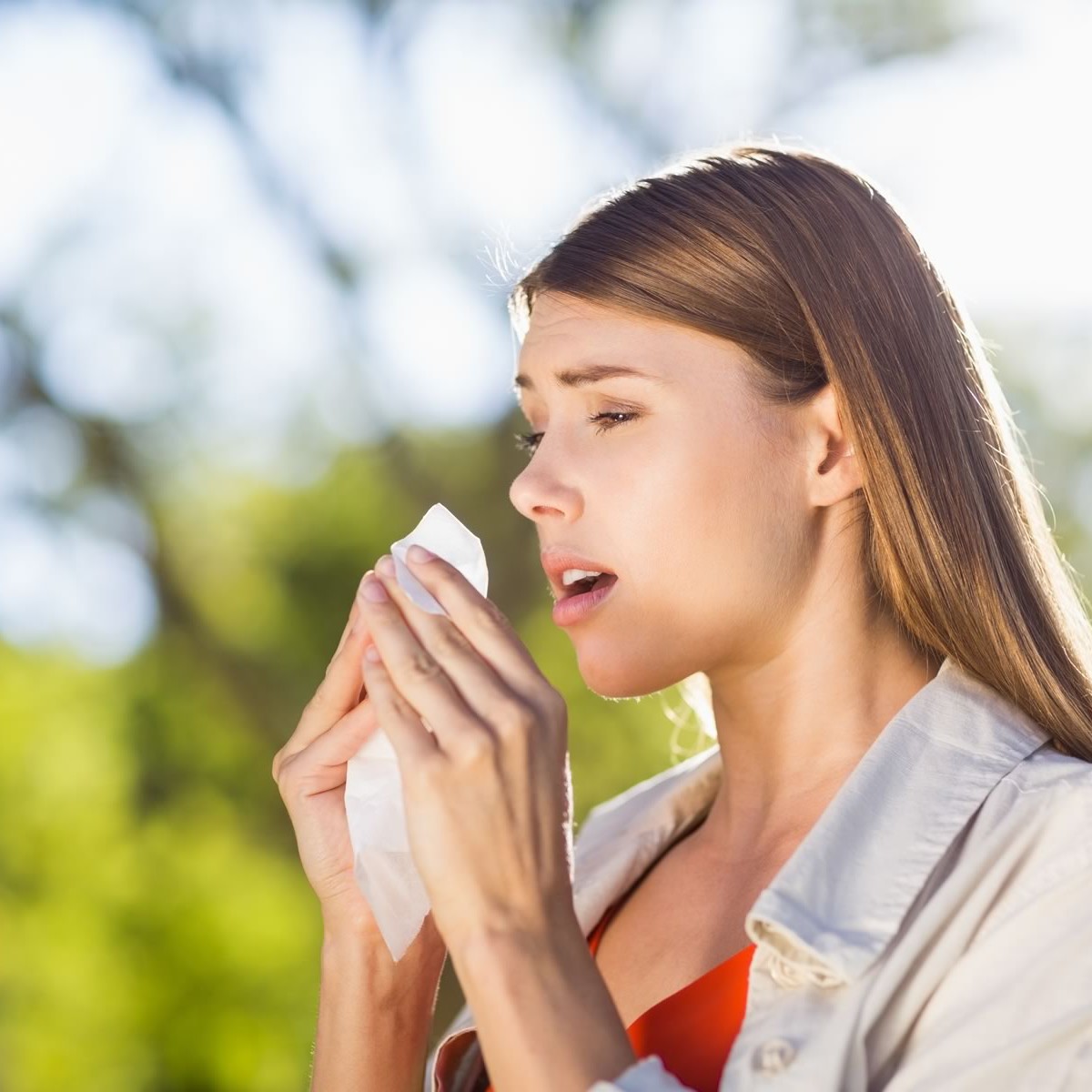You can be excused if your excitement to finally run in good weather has been dampened by a stretch of runny noses, itchy eyes, and nonstop sneezing. Allergy discomfort can be enough to prevent anyone from wanting to skip their daily workout, so keep sneezing and sniffling at a minimum with these tips for dealing with allergies while on your outdoor runs.
Check the counts: Some days are just made for the treadmill, especially if high pollen counts would mean you’d be suffering through your entire outdoor run. Make a habit of checking pollen and mold counts every day, and ditch your outdoor exercise when counts are the highest. Try Pollen.com for forecasts in your area. If you’re not quite sure what triggers your allergies, then go to the doctor for an allergy skin test that will help you figure out what to watch out for.
Pick your time: Pollen counts are usually the highest in the mornings, so if you are feeling sneezy and stuffed up after every morning run, then try to move your running time to later in the day. Going in the evening may be your best option.
Change out of your clothes: Exercise clothes can carry allergens, so make sure you change — and shower — as soon as you get home to limit your exposure.
Prevent discomfort: If you know you’re going to be running in high-allergen situations, then take a few preventative steps to make your workout a success. Wear sunglasses to protect your eyes from pollen, and take your allergy medication — as long as it’s non-drowsy and non-drying. Medication and inhalers that open up your air passageways can actually make your symptoms worse, so plan to take these at least an hour before your run.
###
ByLeta Shy
May 15, 2013
fitsugar.com
You may also be interested in . . .
Tree Pollen and Pollen Counts Explained
March is here, and so is Spring! Spring has officially started which brings longer days, refreshing rain showers, bright colorful flowers, and of…
Prepare for Spring Allergy Season
Spring is fast approaching, and if you are a seasonal allergy sufferer, you likely associate this time of year with chronic sneezing, sniffling, and…
4 Ways To Pollen-Proof Your Workouts
There’s bad news for allergy sufferers this year: The so-called polar vortex has given way to a pollen vortex. “A long, harsh winter can lead to a tidal…


